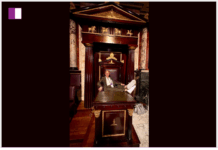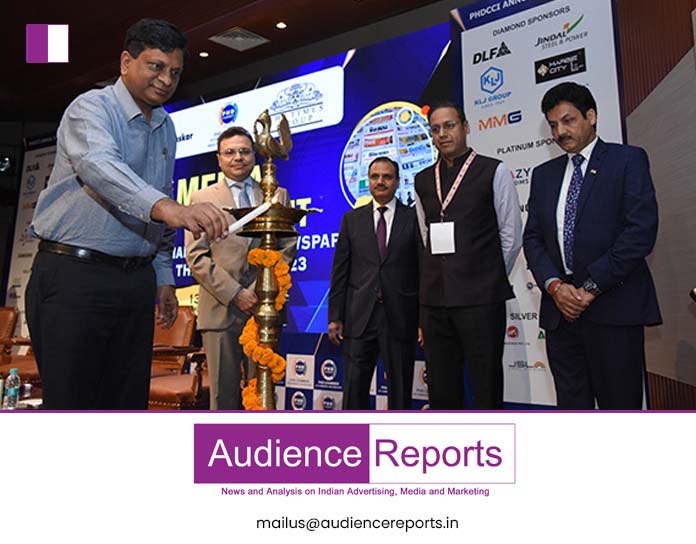At PHDCCI’s first media summit, I&B Secretary Chandra said that the government and industry should collectively work on promoting Indian language newspapers
PHD Chamber of Commerce i.e, I&B Secretary and Industry (PHDCCI) organised its first Media Summit: The rise of Indian language newspapers and the techtide on September 13 at the PHD House, New Delhi.
Apurva Chandra, Secretary, Ministry of Information & Broadcasting emphasised the importance of vernacular newspaper consumption. He mentioned that we heavily rely on English due to our education system and other factors. Therefore, as a government and industry, we need to work on promoting regional languages.
Reiterating PM Modi’s efforts to promote regional media, he informed the ministry’s primary objective is to cater to the readers’ needs by enhancing editorial content, and other media practices to meet the ever-evolving demands of readers and consumers.
Achieving this requires continuous adaptation as today’s youth prefer shorter reads over detailed ones. Hence, he requested publishing houses to innovate and adapt to these evolving reading patterns. He also asked institutions to also develop language courses, by giving the example of IIMC, which offers courses in Odia and Urdu journalism. This will provide more employment opportunities to students and encourage them to pursue robust careers, ultimately capturing greater student interest in their future prospects.
In addition, urge the media industry to offer enhanced job security to these students, further bolstering their confidence in pursuing language courses and ensuring more stable career prospects.
Lastly, he appreciated PHDCCI for organising the event and asked them to share the discussed recommendations with the ministry. This will enable them to adjust policies to better serve the needs of both the industry and students.
Saket Dalmia, President, PHDCCI appreciated the media people and the attendees of the event. He mentioned that there are more than 80,000 newspapers in 22 different languages. Dalmia highlighted that the media not only imparts knowledge but also influences our thinking. Given these challenges, the aim of this discussion is to address various issues and topics related to the media.
He further pointed out that mainstream media often emphasises one particular idea while ignoring many others, leading to redundant reporting. Therefore, he emphasised the importance of promoting vernacular press to ensure that a wider range of issues, relevant to different communities, can receive attention.
Ranjeet Mehta, Executive Director, PHDCCI began his note of address by thanking the attendees of the event. He appreciated the media for addressing societal issues and explained that this media summit is the first of its kind and it’s all about talking about media issues and taking those talks to the right forums and policymakers.
He further informed that during the COVID-19 pandemic, PHDCCI was the only chamber that produced a report highlighting the media’s contributions and raising various media-related issues. He emphasised that this summit was organised with all these considerations in mind.
Pawan Agarwal, Chair Media and Communication Committee and Deputy Managing Director, Dainik Bhaskar Group appreciated the efforts of Times of India, Dainik Bhaskar and PHDCCI. He highlighted the agendas of the summit, being the ‘ resurgence of regional newspapers, the challenge of creativity and credibility of the editorial content, the new age trends of marketing and technology trends affecting print media. Agarwal also emphasised regional media being deeply rooted in Indian culture and underscored how the print media is one of the most credible mediums of news.
Mohit Jain, Co-Chair Media and Communication Committee and Chief Operating Officer, The Times Group thanked the chief guest Apoorva Chandra for gracing the summit. He also lauded the efforts of the government. He also lauded the efforts of the government that attributes importance to the media sector. Jain spoke on the role media plays being the backbone of journalism. He said media not only informs but also shapes the opinions brought through revolutions that are permanently chronicled in the history of civilisation societies.
He apprised the participants on how the summit is going to enlighten and benefit the youth especially the students, on media’s role and impact and how vernacular media has gained extensive popularity.




































